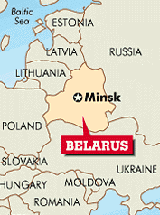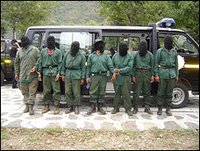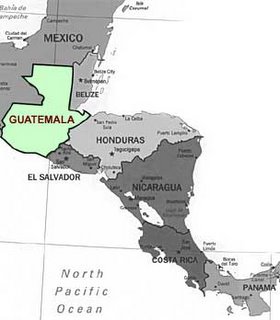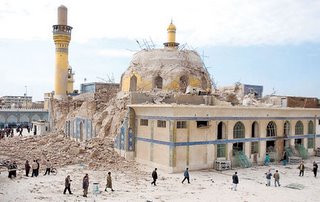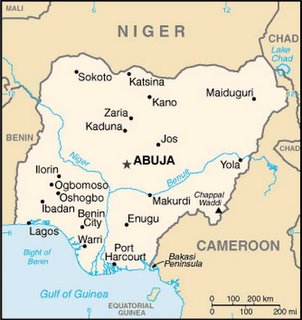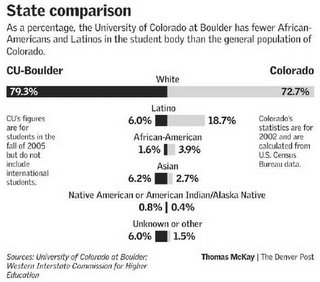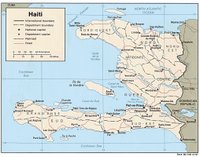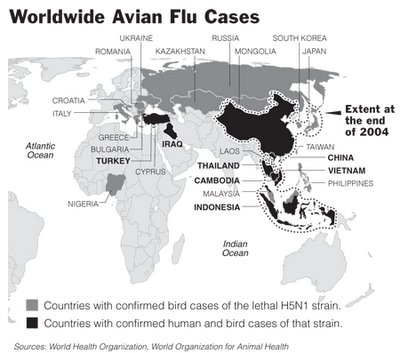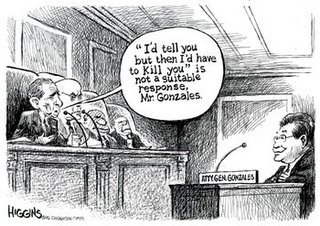Report on Mexican 'Dirty War' Details Abuse by Military
From the New York Times:
A secret report prepared by a special prosecutor's office says the Mexican military carried out a "genocide plan" of kidnapping, torturing and killing hundreds of suspected subversives in the southern state of Guerrero during the so-called dirty war, from the late 1960's to the early 1980's.
The report, which was not endorsed by the government of President Vicente Fox but was leaked by its authors last week, says that the genocide plan was ordered by President Luis Echeverría in 1970, and devised by Hermenegildo Cuenca Díaz, who was defense minister at the time.
It is based partly on declassified documents from the Mexican military and for the first time provides names of military officers and units involved in destroying entire villages that the government suspected of serving as base camps for the rebel leader Lucio Cabañas.
In those towns, soldiers rounded up all the men and boys, executed some on the spot and detained others, and then used violence, including rape, to drive the rest of the people away, the report says. Most of those detained suffered severe torture, including beatings, electric shock and being forced to drink gasoline, at military installations that were operated like "concentration camps."
Also check out Mexican Presidency Linked to 'Dirty War' from the Washington Post
--Tom Hayes

